Libya: President Obama's Bad Options
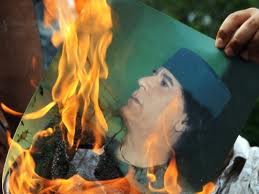
I am glad that I am not the President of the United States. If I ever lose my mind and decide to make a presidential run, I hereby give anyone permission, either electronically or in person, to slap me upside the head until I come to my senses. Then, if I still insist on continuing the campaign, do me the favor of not voting for me. Once you heard a few of my unorthodox political ideas, this would probably be an easy decision anyway.
Available Options in Libya
Take the situation in Libya for instance. When I heard about the escalating tension and conflict there, it seemed that the President was forced to choose from among a few bad options:
1) Other than speaking out against Gadaffi with some strong rhetoric, sit back and do nothing. This would please some who argue that events in Libya are none of our business. It would also avoid the potential human and financial costs of dropping bombs and sending Americans into harm’s way. It was made very clear, however, that Gadaffi planned to ruthlessly crush the rebellion against him. So when the slaughter was complete, the United States would be forced to justify its inaction. It would be Rwanda, Sudan, Congo, Zimbabwe, Liberia, and countless other recent bloodbaths that were “allowed” to occur (and continue to happen) all over again. It would also send a message to all North African and Middle Eastern governments that they could impose order through violence without any serious repercussions.
2) Implement a policy of severe economic sanctions. This would be unlikely, however, to do much of anything to prevent a humanitarian disaster in the short-term. And as past experiences in places like Cuba, Iran, and Iraq demonstrate, sanctions are not necessarily a successful means of bringing down a regime or shaping the behavior of a dictator. Civilians tend to bear the brunt of the suffering. Gadaffi has been an international pariah before, and he is probably confident that he could survive as one again. Plus, if there are still some nations and/or individuals willing to do business with him, sanctions will have a limited effect.
3) The United States could have intervened immediately and unilaterally upon hearing that Gadaffi was ruthlessly crushing the rebellion against him. This could have involved a no-fly zone, troops on the ground, or any action deemed necessary to stop him. An action this drastic, however, would be required to have the ultimate goal of deposing him. Simply shielding rebels from his attacks would cause many to wonder why The United States had made such a heavy investment. But if the United States were once again involved in a military action, on its own, to topple a government and occupy a country, the outcry domestically and internationally would be huge. President Obama would hear the cry, “It’s another Iraq” in his sleep, a tricky situation for a man who campaigned so strongly against the foreign policy of his predecessor.
4) The United States could have encouraged other nations to intervene, but taken no direct military action itself. But due to the United States’ unique position as a military superpower with tactical capabilities unmatched by any other nation, the chances of success for a completely non-American operation would be questionable. And even without United States involvement, it would be difficult to determine who would actually run the thing. This is an inevitable problem with any international operation, and if an organization like NATO took the lead, this would be a strange operation without its most powerful member. The Arab league, another candidate for taking the lead, lacks the unity and capability to carry out something like this on its own, and many of its members are busy dealing with their own domestic unrest. Seemingly, most Arab league nations prefer asking the west to carry out a limited military operation, knowing that they can then blame the west if anything goes significantly wrong. It is also important to note that putting together coalitions of any kind takes time, a luxury that the rebels did not have.
5) The United States could do what it has apparently done so far: help put together an international coalition to establish a no-fly zone. This policy has many critics on both sides of the political spectrum. Some complain that the policy took too long to implement. Others say that the United States and its allies acted too quickly. Who is actually in charge of the operation? If the United States takes a secondary role as the President claims we soon will, does this mean that our forces will be obligated to go along with the decisions of other nations? What is the ultimate goal, and what is the strategy to get there? Are we there to merely protect Libyan rebels, or are we helping to get rid of the Gadaffi regime?
The general theme of most complaints is that President Obama and coalition forces lack a coherent plan. People want to know in more specific terms how long we will commit our military forces, how much this will cost, and what will come after Gadaffi if he is ultimately driven from power. And while I share all of these same concerns, the basic problem is that there are no simple answers to any of these questions. Even if a clear, seemingly foolproof plan was laid out, there is no way to know exactly how things will turn out.
A President's Impossible Job
The United States is undoubtedly the greatest military power on earth, and in terms of pure military technology, it is the most powerful nation in history. Because of this tremendous power, the United States is often, to a certain degree, held responsible for just about everything. Whatever path the United States takes in dealing with situations throughout the world, people will question its actions and wonder why it did not shape events in a more positive way. But as events in Iraq and Afghanistan have demonstrated in recent years, The United States, with all its power, can neither predict nor control with anything close to certainty either the results of its policies or the circumstances in foreign nations. Even for the world’s greatest superpower, events are often out of its hands.
Regardless of political ideology, all people should try to put themselves in the President’s shoes when pondering the best course of action. It’s easy to be a critic and make general statements about what a President should and should not do. It is much more difficult to make specific choices in a real world filled with complexity, uncertainty, and choices that all have a cost. The only guarantees are that things will not quite turn out as planned and that millions of people will criticize whatever decision that is made.
It is also important to keep in mind that Libya is only one of many topics both domestically and internationally that is on the President’s plate. Protest and unrest have been spreading like wildfire throughout North Africa and the Middle East. There are still tens of thousands of troops in Iraq and Afghanistan. Japan, one of the United States’ closest allies, has been devastated by a natural disaster, a catastrophe that has many wondering about the wisdom of nuclear power and the future of energy. A financial crisis instigated by collapses of the real estate and financial sectors is still unwinding. Liberals are criticizing the President for his lack of action on issues such as immigration, the environment, and gun control. Conservatives are attacking him for health care reform, the budget deficit, and a supposed hostility toward business that is holding back the economy. Congress, as partisan as ever, has still failed to work out a budget deal, and when Congress fails to perform tasks adequately that are under its Constitutional jurisdiction, the President is often blamed. And finally, the President, like myself, has two young kids, a responsibility that is often more than enough to keep me busy.
It makes you wonder how a single person could possibly do this job without quickly going insane. Sure, there are some nice perks. You get a nice house, private jet, a large staff of talented people, the greatest bodyguard service in the world, and some contacts to utilize, books to write, and speeches to deliver when your years of service are over. Still, the responsibilities that are loaded on to your shoulders are hard to imagine. Of course, President Obama, like all past Presidents, was not forced to run. He should have known what he was getting into. So while we may not be obligated to feel sorry for him, we should at least acknowledge the inherent difficulties that go with the job. Unfortunately, many people are more concerned with scoring political points and winning ideological arguments than in seriously engaging the problems of the world. It’s so much easier to engage in political spin than it is to face the tough questions and choose from the available bad options.


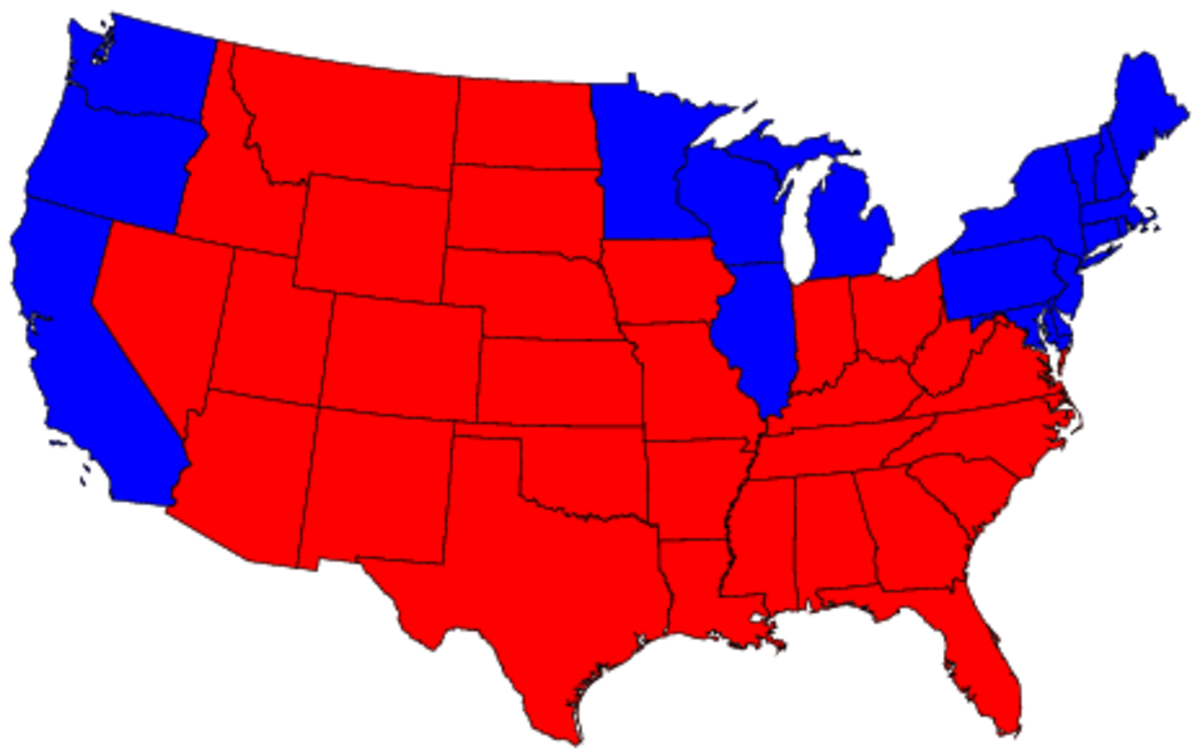
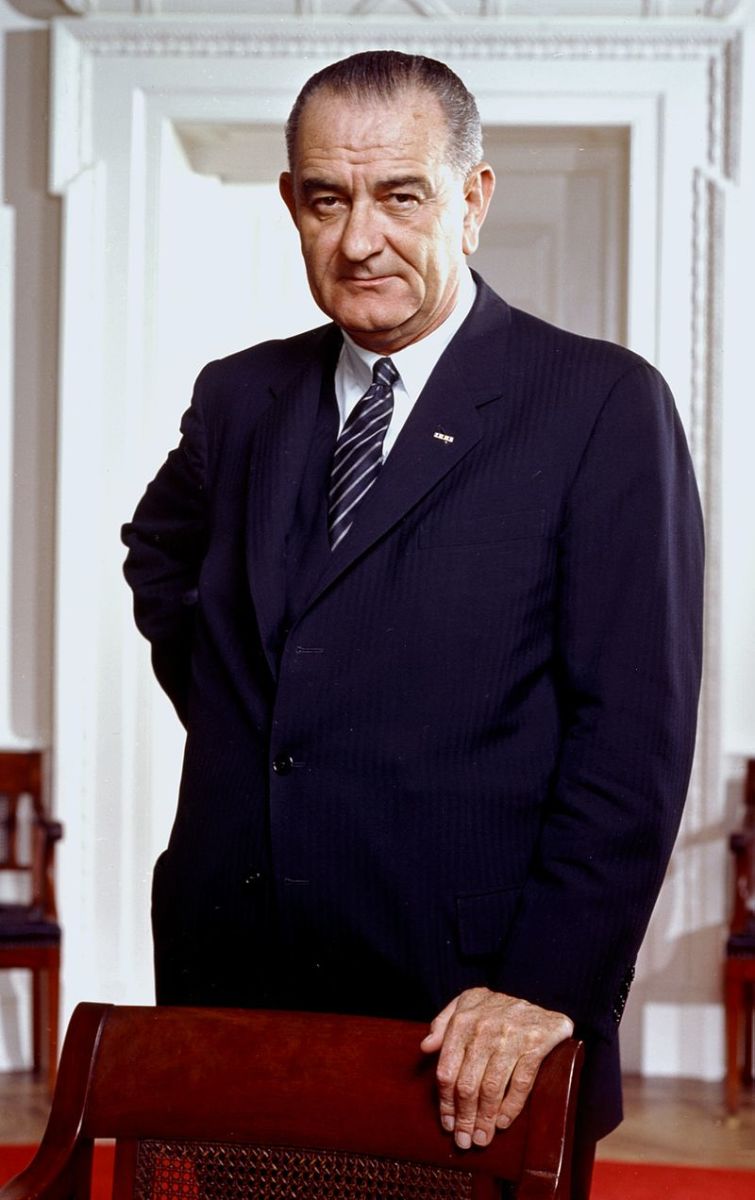
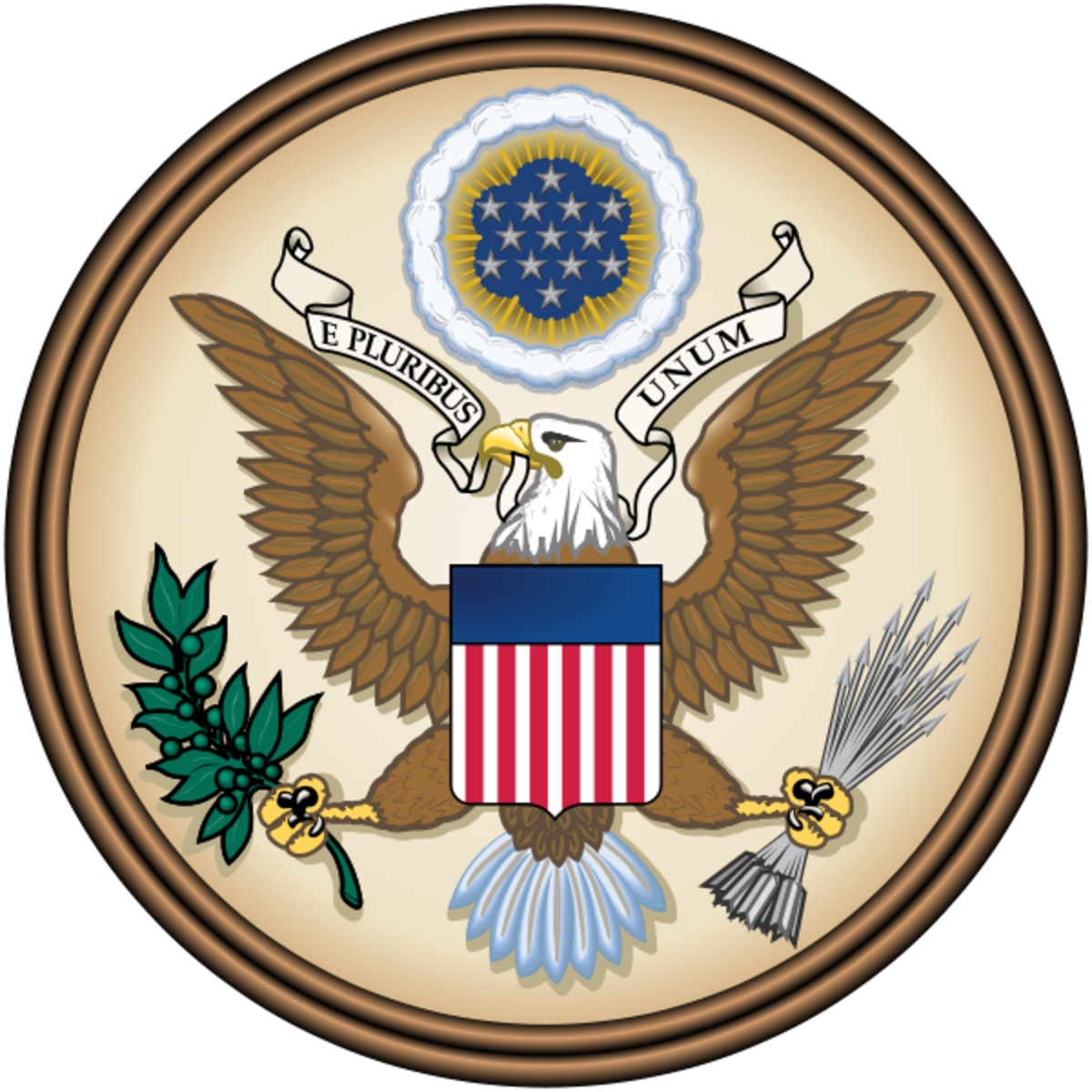



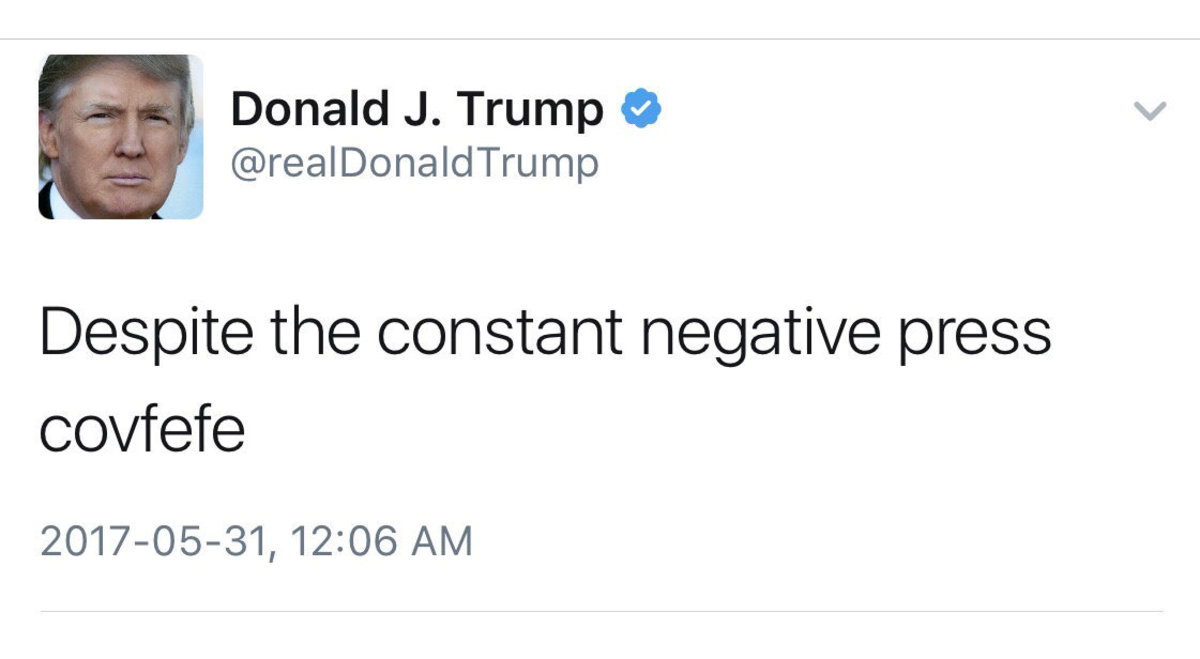
![American Politics: The BIG LIE in Politics, From The Republican Presidential Convention [124] American Politics: The BIG LIE in Politics, From The Republican Presidential Convention [124]](https://images.saymedia-content.com/.image/t_share/MTc2NDYyMjI1MzEyNjU1MzIy/the-big-lie-in-politics-from-the-conservative-side.jpg)